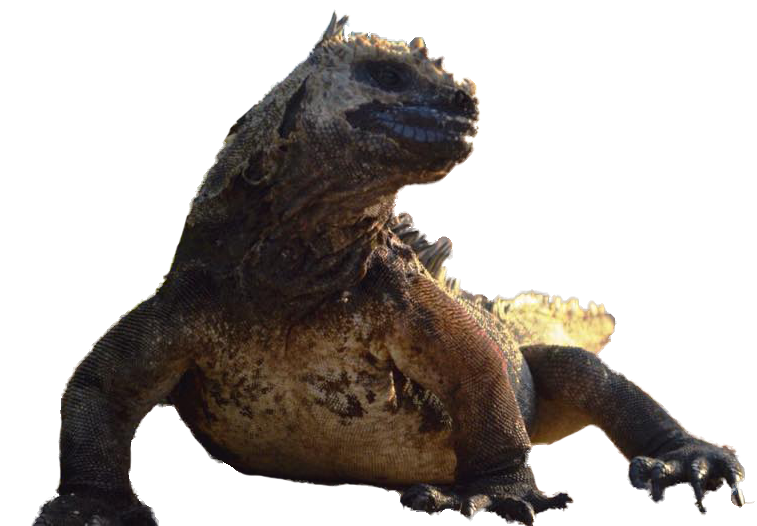
From 1 to 10 weeks
Quito
Ecuador - South America
Max People : 8
Volunteer at Ecuador Children Care, Education and Development in Quito.
Highlights
The daycare center actually grew out of a small kids’ club in the garbage dump of Quito, Ecuador (also known as the Zambiza Dump). The Zambiza location was permanently closed as a dumping site in 2005 because the landfill was full. The site then became a transfer station. Garbage is now trucked in, dumped in a roofed area, sorted through and then reloaded back into trucks to be taken to a location outside of the city.
Volunteers arrive on Sunday to Quito. On Monday morning they are part of a comprehensive briefing focusing on Quito and the daycare center at Lead Adventures office. On Tuesday volunteers start their first day at the program!
Price From: $290
Volunteer Role
Description of the Project:
The Children Daycare Center in Quito’s opened in April of 2006. This center is maintained by a non-profit organization and fully funded by generous donations. Its’ purpose is to provide a clean, safe environment for the children whose parents work nearby in the city dump. Some 40-50 children now attend on a regular basis. They receive one balanced meal and two nutritious snacks, as well as clean clothes and baths, and basic pre-school education.
Volunteers will be helping at the daycare center giving support in educational activities, arts and crafts, games, songs, serving meals, taking care of the younger children and more!
A day at the program can involve:
- 07:00 Breakfast at your host family / hostel
- 07:45 - 08:30 Bus from host family to the project’s site
- 08:30 - 13:30 Work at the project
- 13:30 - 14:30 Lunch at one of the many restaurants that Quito has to offer
- 14:30 - 18:30 Free time to sight see in Quito
- 18:30 - 19:30 Dinner.


